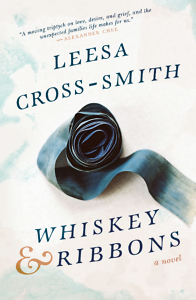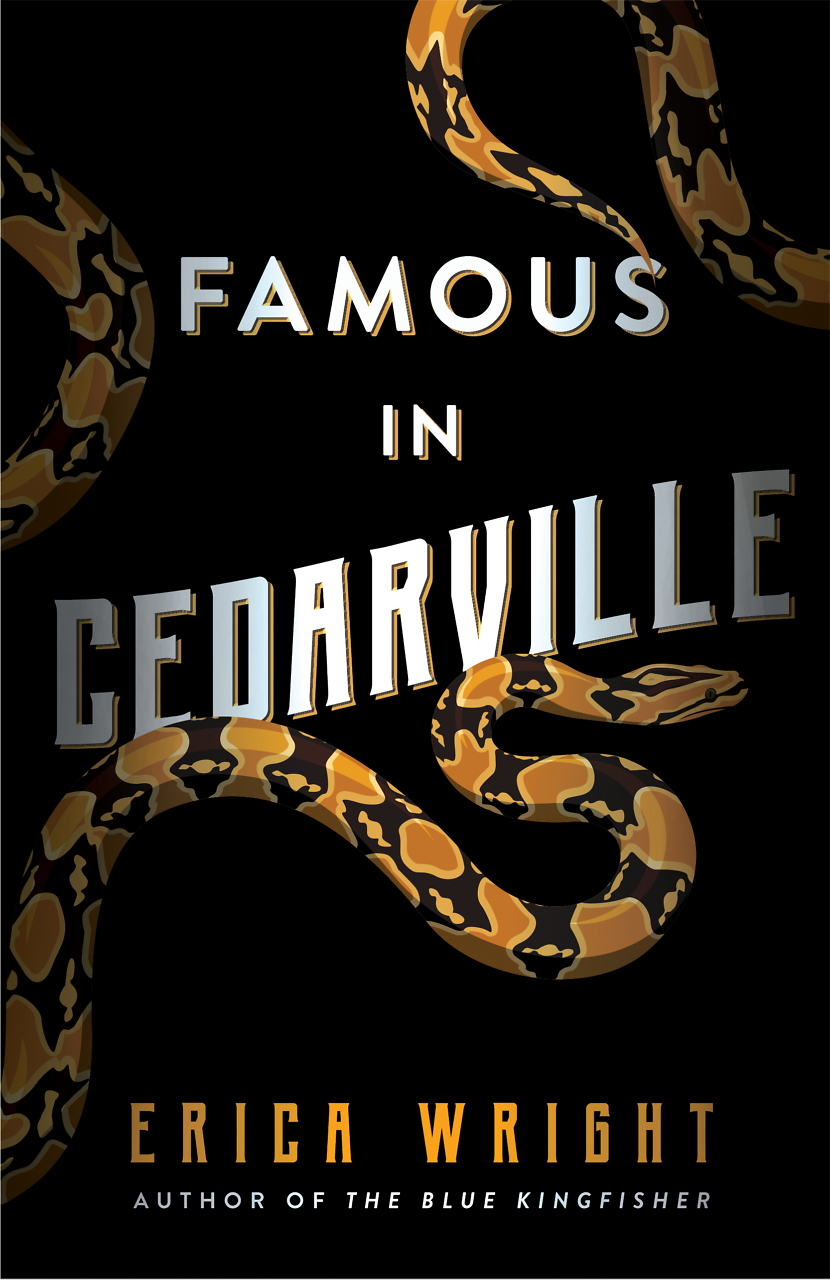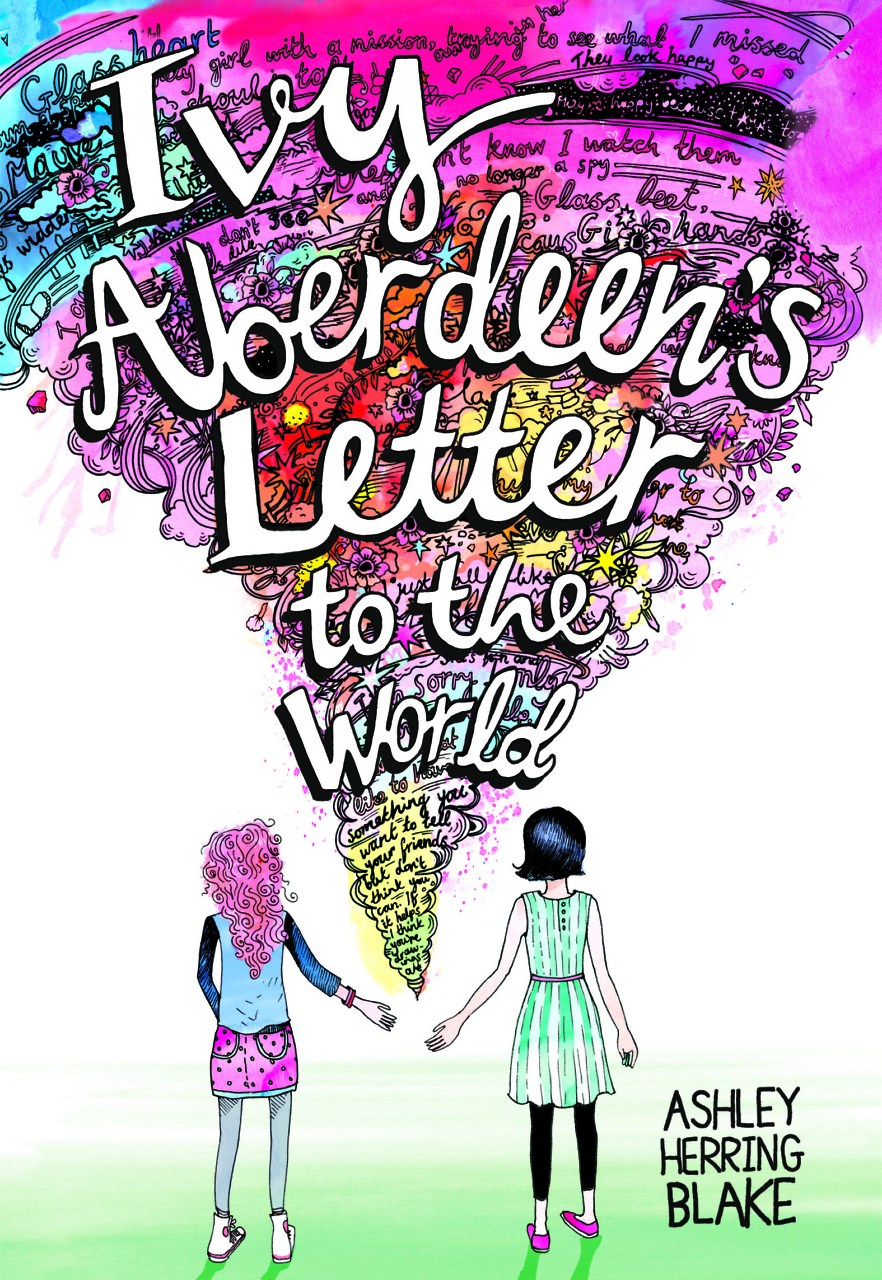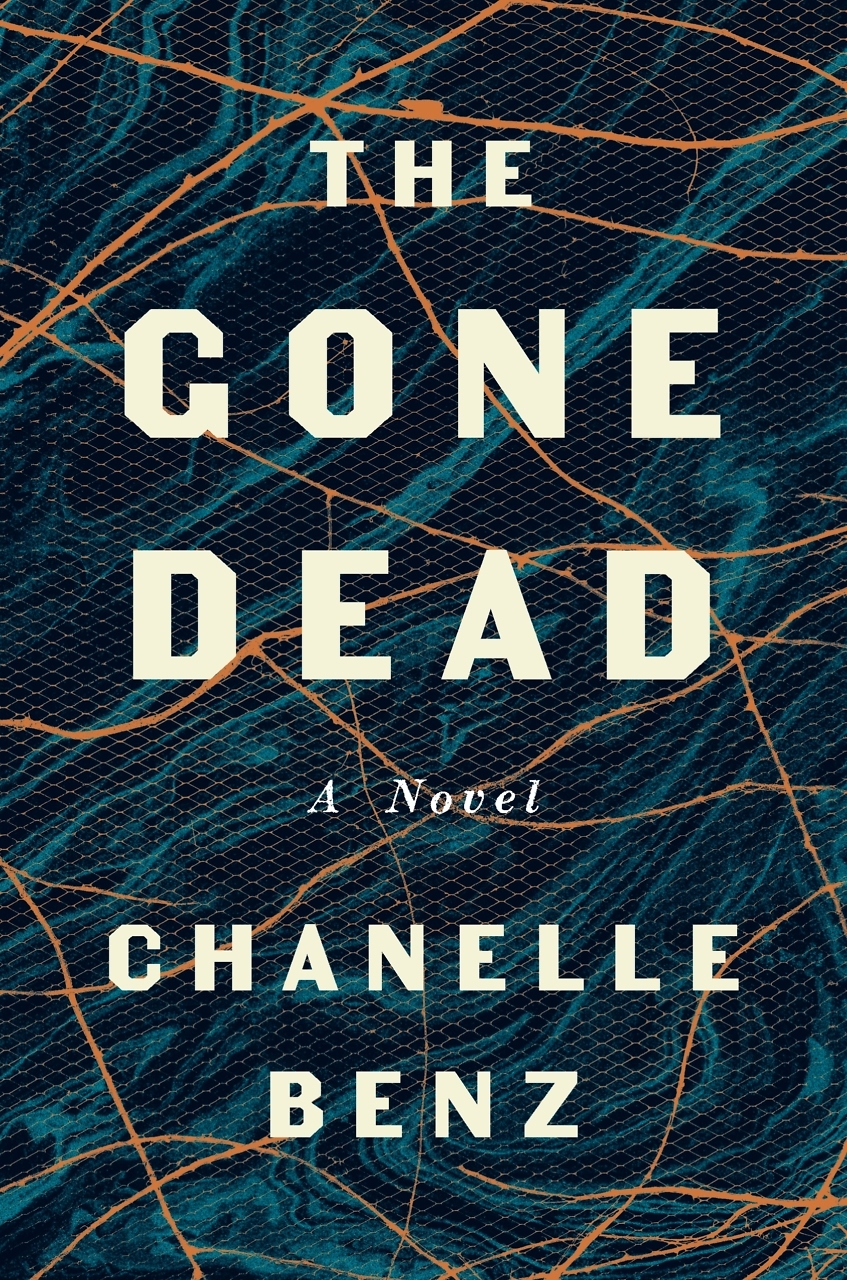A Trio on Love and Loss
A policeman, a dancer, and a pianist triangulate in Leesa Cross-Smith’s debut novel
It begins with the violent killing of a police officer, but Leesa Cross-Smith’s Whiskey & Ribbons is not a thriller. Instead, it’s a sweet, sexy, and sad meditation on the domestic details of love, both romantic and familial. Mostly the characters talk and try to understand each other, a hard job which in this story requires lots of whiskey and beer.
 The author’s preface tells us this is a fugue in three of the word’s forms—a flight and chase, a composition of inter-weaving parts, and the mental state of temporary identity loss. It’s a tale told in three voices, including the victim’s. The characters whose monologues cross and connect are a Louisville policeman named Eamon, who has been shot while on duty; his wife, Evangeline, a ballet dancer who’s nine months pregnant when he dies; and his adopted brother, Dalton, a pianist and bike-shop owner who moves in with Evangeline to look after her and the baby after Eamon is killed.
The author’s preface tells us this is a fugue in three of the word’s forms—a flight and chase, a composition of inter-weaving parts, and the mental state of temporary identity loss. It’s a tale told in three voices, including the victim’s. The characters whose monologues cross and connect are a Louisville policeman named Eamon, who has been shot while on duty; his wife, Evangeline, a ballet dancer who’s nine months pregnant when he dies; and his adopted brother, Dalton, a pianist and bike-shop owner who moves in with Evangeline to look after her and the baby after Eamon is killed.
Six months later, Evangeline and Dalton are trapped in their house by a snowstorm, while the baby (conveniently) is spending the night with grandparents. They are still suffering the loss of Eamon; they have always felt affection for each other. The confinement is a sometimes awkward, sometimes touching mashup of grieving and flirting, abetted by whiskey. Eamon’s voice from the past, describing his bond with both his wife and brother, intensifies the triangle.
Cross-Smith’s narrative is acutely tuned in to relationships. The men are influenced by the sex they’re having but, unlike many lesser beings in the real world, they consciously work to separate great sex from true love. They’re idealized romantic partners: intentional—a word one of them uses about himself—honorable, respectful of boundaries.
The most interesting of the narrators is Dalton, who has earned his melancholy. His mother, also a pianist, was severely depressed throughout his childhood and killed herself when he was twelve. His father’s identity is a mystery. When Dalton’s girlfriend informs him while smoking a post-sex cigarette that she had briefly thought she might be pregnant, Dalton, the sensitive artist, drifts into a mini fugue state: “It was spring, the air was rich, pulsing with fecundity. We had the windows open, the curtains she’d picked out for me were trembling in the wind like delicate butterfly wings. Watching them made me want to play the piano.”
 Eamon’s parents, lifelong family friends, adopted Dalton after his mother’s suicide, and he struggles with the question of whether they acted out of duty to his mother or fondness for him. Similarly, Evangeline wonders if Dalton has moved in with her out of an obligation to his brother or a genuine attachment to her: “All these little flicks of truth, leaving bruises,” she thinks. “We both sat under the silent weight of secrets, the heaviness of keeping them, of having them kept from us.”
Eamon’s parents, lifelong family friends, adopted Dalton after his mother’s suicide, and he struggles with the question of whether they acted out of duty to his mother or fondness for him. Similarly, Evangeline wonders if Dalton has moved in with her out of an obligation to his brother or a genuine attachment to her: “All these little flicks of truth, leaving bruises,” she thinks. “We both sat under the silent weight of secrets, the heaviness of keeping them, of having them kept from us.”
There’s nothing subtle about the title—this is a paean to the socially-enabling, sorrow-drowning qualities of alcohol. When he announces his engagement, Eamon proposes a toast: “Women, you are sleek and gorgeous. You hold us together, you’re the ribbons. We’re men. Dangerous only if you take us too seriously. We’re the whiskey.”
This is Cross-Smith’s first novel, though her short-story collection, Every Kiss a War, was a finalist for both the Flannery O’Connor Award for Short Fiction and the Iowa Short Fiction Award. A Louisville resident, she writes about sports, or as she describes it, “sports emotions.” The author’s exuberant website blasts a big “Hi y’all!” under her picture, followed by a list of things she loves, a list that extends twenty-five dense lines and predictably embraces husband and children, but also musicians, movies, cowboys, Steph Curry’s jump shot, Mason jars, cardigan sweaters.
Like her website, Cross-Smith’s work is optimistic and life-affirming. Her characters take time to smell the lavender tea, the coconut shampoo. They pause to contemplate wind, trees, snow, rabbits, the ingredients in their food. Even the abrupt end to a fine man’s life is put to good use: it gives his survivors a reason to pay attention to the love they have for each other.

Peggy Burch was books editor at The Commercial Appeal in Memphis for ten years, and she also worked as a deputy metro editor and Arts & Entertainment editor for the newspaper. She is a graduate of the Newhouse School of Public Communications at Syracuse University and holds a master’s degree in English literature from the University of Mississippi.


